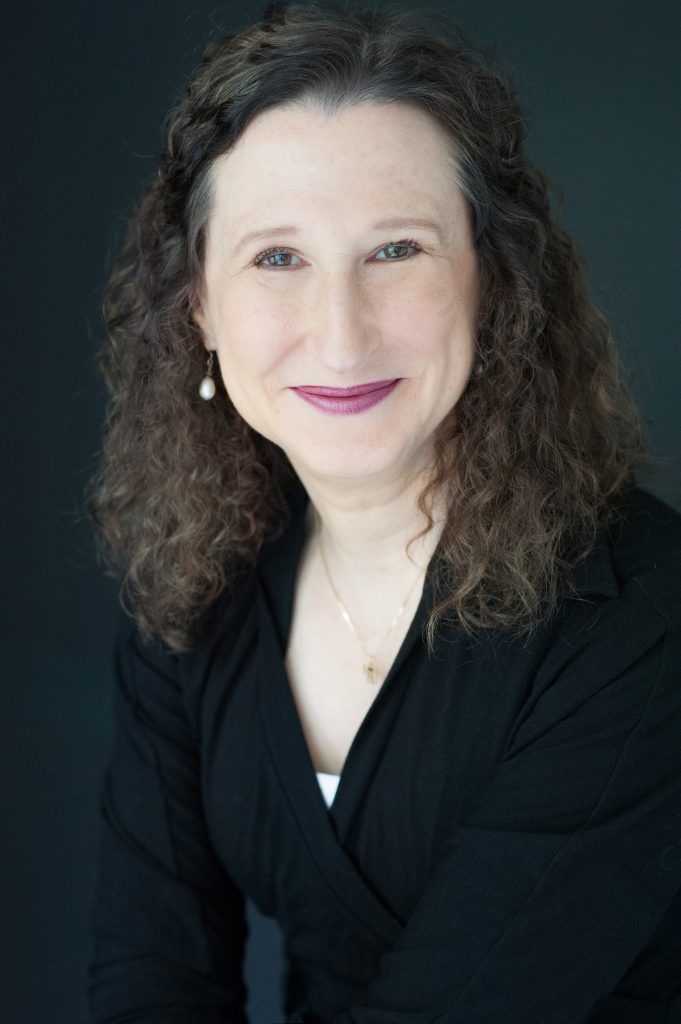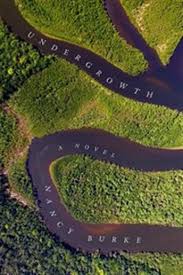CATCHING UP WITH WRITER NANCY BURKE

Nancy Burke is a writer, musician, and psychoanalyst who recently published her first novel, Undergrowth. In my mind, though, she remains a young girl who I saw annually at a mutual friend’s childhood birthday parties–so clearly I have a lot of catching up to do. In this interview, I had a chance to get the process started, at least it terms of Nancy’s writing life
That writing life has been prolific and diverse. In the years since those birthday parties, Nancy has received numerous writing awards and grants, and, as a psychoanalyst, has published non-fiction articles and edited the nonfiction book Gender and Envy. Also a songwriter, she has recorded two albums of her original songs: American Goodbye and a second scheduled for release later this year. Nancy’s poetry has been published in literary journals including Permafrost, Confrontation, The American Poetry Journal, Whitefish Review, The Seattle Review, and Green Mountains Review.
TZ: What led you to write (and/or publish?) a longer work of fiction?
NB: I’ve always loved immersing myself in longer works, but most of them, I swear, will never see the light of day, and shouldn’t. Since this one took decades to finish, I grew accustomed to living inside it, and was a bit disoriented when it came time to step back from it. When I’ve had time in my life, I’ve enjoyed writing shorter pieces and a longer one simultaneously, but as the novel took on steam, and as I focused my shorter-work attention span mostly on songwriting, poetry has had to take a back seat for a while.
TZ: How did writing a novel change the experience of writing for you? What possibilities did it open, or close?
NB: I never though this one would be published – I made one attempt to shop an earlier draft that got nibbles but no bites, so it lived in a drawer until my friend Joanie pushed me to send it out again. And here’s what I discovered when it came out: There is an end to revision! You can tinker with it until the cows come home, but when it’s printed, you have to let it go. That creates the possibility for the next one.
There’s something useful about that process of seeing something finished. Whether what comes next is published or not, I’m reminded to see writing as a process with an endpoint.
TZ: Although Undergrowth is set in the Brazilian rainforest in the 1960s, it is more fundamentally a work of the imagination grounded in universal human experiences. What was it about that particular time and place that led you to see a novel in it?
NB: I have no idea. It just grew out of an image I remembered from a film made by a professor of mine – I’ve told the story elsewhere, so I won’t bore you with it here – and it kind of stuck and expanded. But I’m grateful for the chance to speak about the setting now, when that world is being threatened by Bolsonaro’s monsterish policies dealing with indigenous tribes and ecological issues. My wish is that the book raise awareness without being experienced as polemical. It’s a novel, a fantasy, but what other ways do we have to envision the world as it is?
TZ: As the book’s title suggests, human character and interactions play central roles in Undergrowth. What role did your professional experiences as a psychoanalyst play in shaping the story?
NB: The reverberations from my “day job” are pervasive and indirect. From listening to people deeply all day long over decades, I’ve been privileged to witness first-hand how people’s fantasy lives are knit together over time, how many of their decisions are overdetermined and yet made outside of their awareness, and how important their relational histories are in their current lives. But I consider it unethical to adapt patients’ stories directly for my own purposes, to write about them in a fictional context (as opposed to in a professional one, where it’s crucial that actual clinical work be shared among colleagues, as that’s the only way people can develop as clinicians).
In this book, there is, to my knowledge, only one image that was directly reported by an analytic patient. I had uncannily already included the same dream image in the manuscript, but debated about taking it out because this patient had later spoken about it. I decided to include it because it wasn’t “mined” from his treatment. We analysts have to have a right to our own creative lives too!
TZ: Undergrowth has been described as “melding poetry with magical realism.” Do you think that’s an accurate assessment? I’ve always thought of magical realism as a kind of poetry, so I’m a bit confused about what this means.
NB: I have no idea what it means either, but I’d be happy if people thought about it in that way.
TZ: How does Gibson House’s focus on music affect the content and/or publicity for your book?
NB: First and foremost, there’s a respect that the editors had for the fact that language is always a form of music, in addition to the other things that it is. There were several places in the book where the rhythm of the words took precedence, in my mind, over efficiency or denotative force, and they let those stand as I requested with no argument. In general, I was involved in writing music pretty much continuously during the time I was writing the novel, and the overlap for me was obvious.
Also, Gibson House’s having this focus has made marketing a lot more fun. They’ve sometimes given out my CDs during marketing efforts for the book, which is great on many levels, since it gets them out of my guest room! Some of Gibson House’s authors play out more than others, and when they do, it always feels like their performances add a dimension to the vision behind the work. A few of the Gibson books even have playlists attached, which creates a unexpectedly powerful backdrop for the reading.
[T]here’s a respect that the editors had for the fact that language is always a form of music, in addition to the other things that it is. There were several places in the book where the rhythm of the words took precedence, in my mind, over efficiency or denotative force, and they let those stand as I requested with no argument.
TZ: How do you make time for writing given your professional demands? Do you write regularly, or only when working on a project? And how hard is it to shift gears from writer to psychotherapist?
NB: It’s been really hard to find time lately, because in addition to a full-time job, I’ve been involved for two years in founding a non-profit, Psychotherapy Action Network. We aim to restore the place of psychotherapy in a mental health landscape of meds, beds, apps and quick fixes/ This has been actual fun but a shit ton of work, as my daughters would say, and will likely take a few more years to become self-sustaining so that I can step back from it.
In addition, I’m still trying to finish the second CD–two songs left to record. But last fall I attended a lecture by George Saunders in which, during the Q & A, an MFA student asked him about what he regarded as the perfect situation for writing. George Saunders’ advice was not to wait for it. If you only have 15 minutes a day, he said, write for 15 minutes day. So that’s what I try to do when I don’t have chunks of time. It’s enough to keep the work alive inside of you, so that it’s already a worn path waiting for you when your thoughts wander in the shower, or in line at the grocery store.
TZ: Undergrowth is touted as your “debut novel,” which implies that there may be more on the way. Are you working on anything new?
NB: The next one is coming slow, but it’s there. I have about 30 pages of a draft, which, although I’m hoping this one will be shorter, works out to about 17,836 more 15-minute writing sessions. In other words, I’m hoping I finish this one more quickly than the last.
Terra Ziporyn
TERRA ZIPORYN is an award-winning novelist, playwright, and science writer whose numerous popular health and medical publications include The New Harvard Guide to Women’s Health, Nameless Diseases, and Alternative Medicine for Dummies. Her novels include Do Not Go Gentle, The Bliss of Solitude, and Time’s Fool, which in 2008 was awarded first prize for historical fiction by the Maryland Writers Association. Terra has participated in both the Bread Loaf Writers Conference and the Old Chatham Writers Conference and for many years was a member of Theatre Building Chicago’s Writers Workshop (New Tuners). A former associate editor of the Journal of the American Medical Association (JAMA), she has a PhD in the history of science and medicine from the University of Chicago and a BA in both history and biology from Yale University, where she also studied playwriting with Ted Tally. Her latest novel, Permanent Makeup, is available in paperback and as a Kindle Select Book.
- Web |
- More Posts(106)
